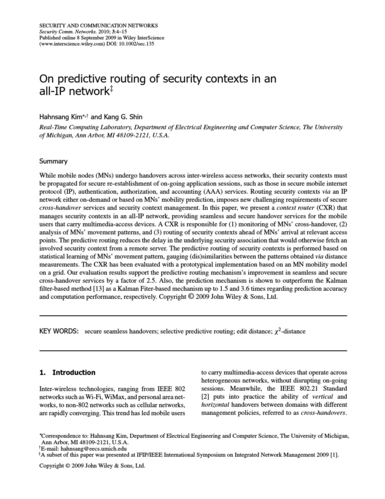英文学术期刊编辑助理
Title: Navigating the Realm of Academic Journal Editing
In the vast landscape of academia, the role of an academic journal editor is pivotal. This position requires a delicate balance of expertise, diplomacy, and meticulous attention to detail. Whether you're an aspiring editor or seeking insights into the world of academic publishing, this guide will illuminate the path towards effective journal editing.
Understanding the Landscape
Before delving into the intricacies of academic journal editing, it's crucial to grasp the broader context of scholarly publishing. Academic journals serve as conduits for disseminating research findings, facilitating scholarly discourse, and advancing knowledge within various fields. Editors play a central role in this process by overseeing the publication of highquality, original research.
Core Responsibilities
The responsibilities of an academic journal editor are multifaceted and extend across various stages of the publication process:
1.
Manuscript Evaluation
: Editors evaluate submitted manuscripts to determine their suitability for publication. This involves assessing factors such as originality, significance, methodology, and adherence to journal guidelines.2.
Peer Review Management
: Coordinating the peer review process is a key responsibility. Editors identify appropriate peer reviewers, manage the review timeline, and synthesize reviewer feedback to make informed decisions regarding manuscript acceptance or rejection.
3.
Maintaining Editorial Standards
: Upholding the integrity and quality of the journal is paramount. Editors ensure adherence to ethical guidelines, promote diversity and inclusivity, and uphold rigorous scholarly standards.4.
Strategic Development
: Editors contribute to the strategic development of the journal, identifying emerging trends, soliciting highimpact content, and expanding the journal's reach and influence within the academic community.Navigating Challenges
While rewarding, academic journal editing comes with its share of challenges:
1.
Time Management
: Balancing editorial duties with other professional responsibilities can be demanding. Effective time management and prioritization are essential skills for editors.2.
Navigating Conflicts
: Editors may encounter conflicts of interest, author disputes, or ethical dilemmas. Diplomacy, transparency, and adherence to established policies are crucial for resolving conflicts while maintaining the journal's integrity.3.
Adapting to Technological Changes
: The landscape of academic publishing is continually evolving, with advancements in technology shaping editorial workflows and dissemination methods. Editors must stay abreast of these changes and embrace technological innovations to enhance the journal's efficiency and accessibility.Best Practices
To excel in the role of an academic journal editor, consider the following best practices:
1.
Clear Communication
: Maintain transparent communication with authors, reviewers, and editorial board members throughout the publication process. Clear guidelines and timely updates foster trust and collaboration.2.
Continuous Learning
: Stay informed about developments in your field, scholarly publishing trends, and evolving editorial standards. Engage in professional development opportunities, such as workshops, webinars, and conferences, to enhance your editorial skills.3.
Collaborative Leadership
: Foster a collaborative and inclusive editorial environment that values diverse perspectives and promotes constructive dialogue. Encourage mentorship and professional growth opportunities for earlycareer researchers and junior editors.4.
Ethical Integrity
: Uphold the highest ethical standards in all editorial decisions and actions. Adhere to industry best practices regarding conflicts of interest, plagiarism, data integrity, and authorship attribution.Conclusion
Academic journal editing is a dynamic and intellectually stimulating endeavor that requires a blend of expertise, integrity, and leadership. By embracing best practices, navigating challenges with resilience, and prioritizing the advancement of scholarly knowledge, editors play a pivotal role in shaping the discourse and progress of their respective fields.
Aspiring editors should approach this role with enthusiasm, a commitment to excellence, and a dedication to fostering an inclusive and impactful scholarly community. In doing so, they contribute to the advancement of knowledge and the collective pursuit of academic excellence.
关键词:英文学术期刊编辑助理英文学术期刊编辑发展前景英文学术期刊编辑月薪英文学术期刊编辑待遇
上一篇:迁安市社会保险基金管理中心电话
下一篇:宜昌智慧源企业管理有限公司
